In March of 2020, the Cares Act was passed to assist homeowners struggling to make mortgage payments file for forbearance during the Covid-19 pandemic. Keep in mind, the Cares Act is only applicable to federal loans which include any Fannie Mae or Freddie Mac products, VA, USDA, and FHA loans. However, many private lenders were also giving their borrowers forbearance options as well. Since May of 2020, there was a recorded 4.7 million or more cases of homeowners taking advantage of this program as a temporary solution to avoid possible foreclosure. The good news is that there are options and programs that have been made available once forbearance ends.
In fact, roughly two-thirds of all participants have left the forbearance program as of March of 2021 according to the New York Federal Reserve. These options include repayment plans, reinstatements, deferrals or partial claims, loan modifications, and the most popular option of selling the home itself to exit the program.
So yes, it is very possible to sell a home while in mortgage forbearance. This was mostly made possible due to the state of the real estate market in 2020. A survey by the Financial Accounts of the United States shows that home equity was at an all-time high throughout 2020 which made the home selling simple as long as the sales price of the home covered the mortgage and any missed payments during the forbearance process.
Now, it is still not 100% clear how federal guidelines will affect those still in forbearance going into the year 2022, it would seem that most programs are granting homeowners extensions if they can prove financial hardships. The real question that arises is how the end of forbearance may play out for those that have limited options to avoid the risks of delinquencies. These policies will not be around forever so it would be in the best interest for all those still in forbearance to really learn all options and plan and time necessary exit strategies accordingly.

Here are some of the commonly asked questions from homeowners still in forbearance.
What is the downside of mortgage forbearance?
One thing that I would like to note is that mortgage forbearance is not the same thing as mortgage forgiveness. The biggest disadvantage most borrowers face is having to pay back any missed payments during their forbearance time frame. As stated earlier, you will have to make arrangements with your loan servicer to go over all available options of repayment towards the end of the forbearance period.
Does forbearance hurt your credit?
Your loan servicer may report that you file for forbearance, but cannot report it as missed payments so there will not be any negative impact on your credit score. Average credits scores have actually increased all across the board for Americans and interestingly enough, these increases are higher amongst those who chose forbearance. Although this may seem like a good thing, the credit system is primarily used as a tool to help lenders determine the credit risk of their applicants. One may say that the credit score may lose influence when determining creditworthiness, at least for some length of time in the financial industry. So lending may become stricter in the near future.
Does forbearance affect getting a new mortgage?
Many homeowners are opting to downsize if possible, relocate to a more affordable area, and do not want to give up the dream of homeownership, or do their best to keep their current home. So the short answer to this question is yes, but it depends on the type of loan you are wanting to apply for as well as meeting all the financial requirements currently in place already for loan approval. Here is the breakdown.
Conventional Loan: You are eligible for a conventional loan as you are able to pay back (reinstate) all missed payments. This can be done by paying back your servicer directly, reinstating the missed payments through refinancing, or selling your home and reinstating it that way. Now, the rules are a little bit different if you have opted for a repayment program, a deferral program, or a loan modification. In that scenario, it is still possible to qualify for a conventional loan to purchase or refinance but you must make 3 consecutive and on-time payments after entering into any of the programs mentioned.
FHA Loan: The main rule that applies to FHA loans is that you can only take out one FHA loan at a time in most cases. So in this scenario, if you are currently on an FHA loan, you can reinstate the loan and do an FHA refinance or reinstate the loan by selling your home before being able to qualify for another FHA loan. In addition to this, you must also show proof through documentation of no 30 day late payments 12 months prior to forbearance. Now if you opted for a repayment plan, a deferral plan, or loan modification while in an FHA loan there are many caveats. Here are 4 things that you need to know.
- If you are getting a new home loan, you must make 3 consecutive payments since being on the plan.
- If you are doing a no cash-out refinance, you must make 6 consecutive payments since being on the plan
- If you are doing a cash-out refinance, you must make 12 consecutive payments since being on the plan
- If you are trying to refinance into an FHA streamline program, you must make 6 consecutive payments since being on the program.
VA loan: You are eligible for a VA loan as long as you meet the reinstatement criteria similar to the FHA loans. If you opted for a repayment plan, deferral plan, or loan modification, you must make 3 consecutive payments since the plan before you qualify for a refinance or be approved for another purchase loan. The VA can only be used for your primary residence so you need to speak to your lender regarding conditions of getting a 2nd VA loan if possible.
Can I sell my house after refinancing?
In most cases, yes, but there are some exceptions. An owner-occupancy clause can require you to live in your house for 6-12 months before you sell it or rent it out. You must contact your servicer to determine if there is an owner-occupancy clause in place and what requirements are needed.
When should I get out of forbearance?
Honestly, this depends on your overall financial health and your comfortability to make payments. The sooner you get out of forbearance, the less you have to make up to reinstate your loan. If you are in a phase in your life where you are still struggling to make ends meet, talk to your lender about ways to reduce payments through loan modifications or deferral programs. And if those options are still unrealistic for you, look into ways of possibly selling your home. Avoid any possibility of delinquencies or foreclosures at all costs. Those are mistakes that will eliminate any options needed to get out of bad situations and just add on more consequences down the line.
Worst case Scenarios: Having limited options while in forbearance
Unfortunately, some homeowners currently in forbearance are faced with the challenge of both not being able to sell their home or continue to make payments even after a loan modification or deferral. These scenarios can stem from factors like getting a divorce while in forbearance or inheriting a property that is in forbearance. Both scenarios are complicated, expensive, and become very time-consuming when time is of the essence. Other challenges include situations like properties being underwater where more is owed than what the property is worth. This can be due to physical distress or outside factors that caused your property to depreciate.
Is a short sale necessary?
Even though short sales are a viable option, it is not always an available solution or the best solution. Short selling is an agreement where the lender will accept a much lower payoff amount in the event the homeowner goes into delinquency or are facing foreclosure. Short sales make a lot of sense to lenders if the cost of foreclosure exceeds the cost of the short sale. This usually happens when a home is in major physical distress and will sell for next to nothing at Auction. There are few real estate professionals out there that understand how to navigate a short sale properly since they are rarely done. Only savvy real estate investors are willing to purchase homes with major physical distress and are willing to deal with the frustration of a lender’s foreclosure department.
Why it may make sense to work with a real estate investor?
A seasoned real estate investor usually has the experience necessary to create a win-win scenario for both homeowners and lenders. In order to save the homeowners from possibly delinquencies, investors are willing to expend capital to buy more time for homeowners that may be going through situations like divorce or probate. They may also reinstate the loan on the homeowner’s behalf as well and take over payments for a brief time even though it means taking on the risk of being foreclosed on instead. This is possible because investors have access to private capital to pay off the mortgage in the event that may happen. And yes, they will only do so in the event that they believe that can generate some sort of profit from the transaction. Sometimes they are even able to help the homeowners get some form of profit as well.
Find a Houston Real Estate Investor | Wabi Sabi Realty
As always, it is important due your due diligence when deciding to work with someone regarding selling your house. I started Wabi Sabi Realty Group as a way to help distressed clients that I couldn’t do otherwise while I was working as a mortgage lender. I was always troubled about how we had to decline or pawn off clients just because they were facing a situation that became way too complicated.
At Wabi Sabi Realty Group, we buy homes in any condition for all cash, without any fees or inspections, and have years of experience in the Houston, TX market. We are also dedicated to seeing all transactions through and are willing to invest upfront on transactions to make sure there are no complications during the home selling process.
If you or someone you know is dealing with an issue that may require a real estate investor, please do not hesitate to reach out. Even if you believe that a real estate agent may be better suited, still feel free to reach out and I can definitely put you in contact with the top agents in your local market. For more information about how we can assist you, please give us a call at 281-306-5721 or fill out the form. We will be happy to talk to you about how we can buy your house for cash and close at a time that is convenient for you.
Areas We Serve
Baytown, Conroe, Cypress, Deer Park, Galveston, Houston, Humble, League City, Missouri City, Pasadena, Spring and Sugarland, Texas.

